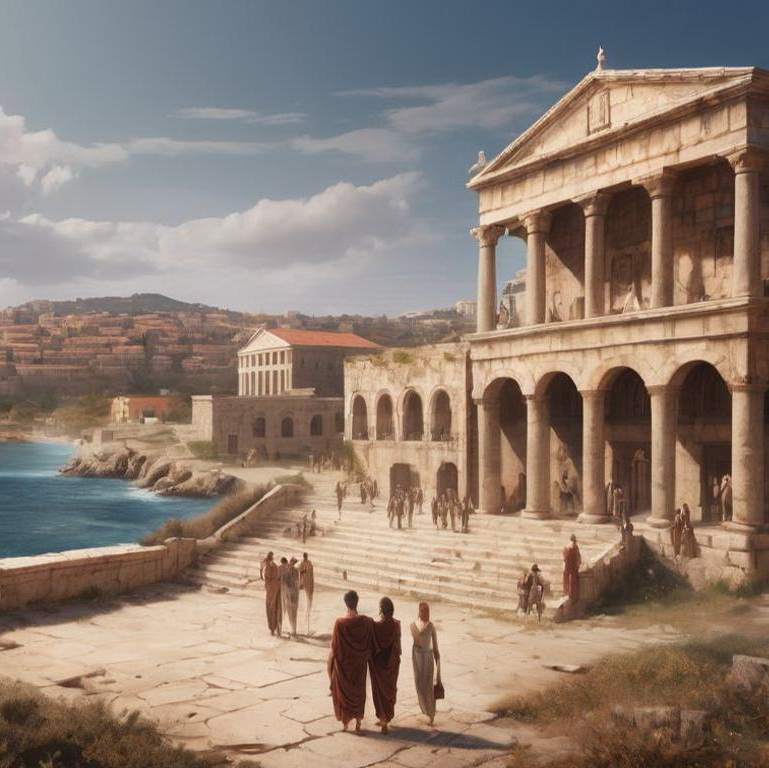Gnothi seauton (Know thyself): the source of all wisdom and knowledge

On the Temple of Apollo in Delphi, Greece, there was an inscription that read, “Know thyself, and thou shalt know the universe and the gods.” This ancient wisdom, carved in stone, has echoed through the ages, urging us to look within for the answers to life’s most profound questions.
Self-knowledge is the foundation of all wisdom and knowledge. It’s about understanding who we are at our core—our desires, fears, strengths, and weaknesses. It’s a journey of introspection that helps us navigate the world with greater clarity and purpose.
Why is self-knowledge so important? Imagine trying to solve a puzzle without knowing what the final image looks like. That’s what life can feel like without self-awareness. When we know ourselves, we gain a clear sense of direction. We understand what motivates us and what hinders us. This awareness allows us to make better decisions, foster healthier relationships, and find fulfillment in our endeavors.
Self-knowledge also helps us to recognize our place in the broader scheme of things. When we understand our own nature, we begin to see how we fit into the grand tapestry of life. This perspective can be incredibly empowering. It shifts our focus from the superficial aspects of existence—like material possessions and social status—to more meaningful pursuits. We start to seek experiences and relationships that enrich our inner lives.
Moreover, knowing ourselves cultivates empathy and compassion. When we are in tune with our own emotions and struggles, we become more sensitive to the experiences of others. This emotional intelligence is crucial for building strong, supportive communities. It allows us to connect with others on a deeper level, fostering mutual understanding and respect.
But how do we embark on this journey of self-discovery? It starts with self-reflection. Taking time to pause and examine our thoughts and feelings can reveal a lot about who we are. Journaling, meditation, and even honest conversations with trusted friends can be powerful tools in this process. These practices help us to identify patterns in our behavior and thought processes, giving us insights into our true selves.
Another important aspect is embracing our imperfections. Often, we avoid self-examination because we fear what we might find. But acknowledging our flaws is a crucial step toward self-improvement. By accepting ourselves as we are, we can work on becoming the best version of ourselves.
It’s also helpful to seek feedback from others. Sometimes, those around us can see aspects of our character that we might be blind to. Constructive feedback from friends, family, or mentors can provide valuable perspectives that enhance our self-understanding.
In a world filled with distractions and external pressures, the call to “know thyself” is more relevant than ever. It’s a reminder that the answers we seek are not out there, but within us. When we take the time to understand ourselves, we unlock the wisdom and knowledge needed to navigate life’s challenges with grace and resilience.
So, the next time you’re faced with a difficult decision or find yourself questioning your path, remember the ancient wisdom of the Temple of Apollo. Look within, and you might just find that the key to understanding the universe and the gods lies in understanding yourself.


